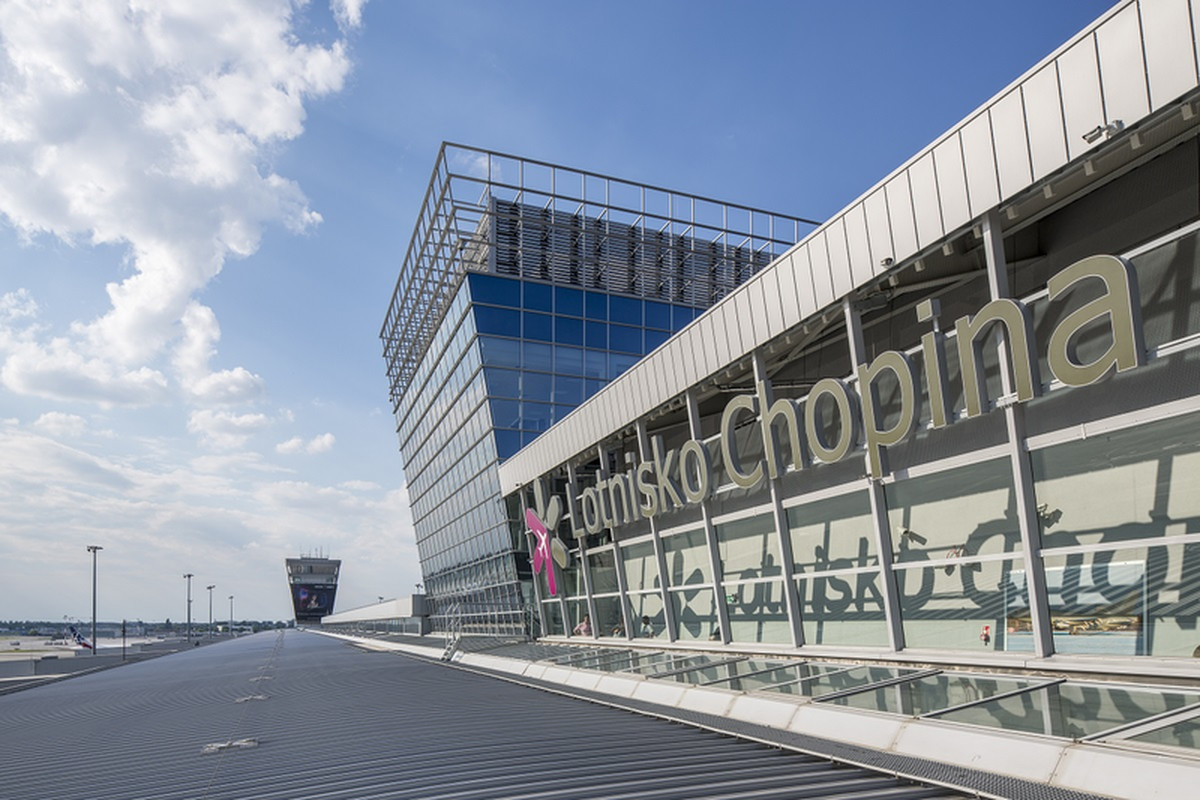
EUROPE. Airlines for Europe (A4E) and ACI Europe, representing Europe’s airlines and airports, today urged EU and Schengen states to follow their “agreed, fact-based approach” towards lifting the ban on non-essential travel to the region.
They hit out at the divergent list of states from which each country will accept travellers, saying it was hurting consumer confidence.
They said: “There is very little clarity and significant uncertainty on which citizens can travel where. This has effectively led to a patchwork system of travel restrictions and border controls throughout Europe which may remain in place for weeks or months to come. The situation also weakens the functioning of the Schengen area: since Member States apply different rules, a Japanese tourist could choose to fly to Warsaw and then travel within the Schengen space without controls.”
The two associations support regular updating of the accepted ‘white list’ in the coming weeks, including its expansion to other non-EU/Schengen countries which fit the criteria proposed by the European Commission and approved by the EU Council, to support air transport and European tourism’s recovery.
Examples of diverging implementation of the EU Council recommendations include:
*Belgium keeping its borders closed to travellers from the 15 white-listed countries until further notice;
*Germany reopening its borders to eight countries from the white list while requiring reciprocity from China, Japan and South Korea before lifting entry restrictions from those countries;
*Greece barring entry to Serbian nationals (not residents), therefore not following the Council Recommendation and going against the EU principle of non-discrimination;
*Hungary announcing that it will not open its borders to non-EU countries except Serbia for the moment;
*Ireland extending its advice to avoid all non-essential travel until 20 July; a ‘green list’ of countries which people could travel to will not be published until then;
*Poland extending its flight ban until 14 July, except for flights from the EU, Canada, Albania, Georgia, Japan, Korea, Montenegro and Ukraine – thereby not using the whole list of approved countries;
*Spain reopening its borders on 4 July to 12 countries from the white list. However residents of Algeria, China and Morocco will only be able to travel to Spain if these countries reopen their borders to Spanish residents in a reciprocal move.


“These diverging national approaches are hurting our single market and will slow down aviation and tourism’s much needed recovery”, said Thomas Reynaert, Managing Director of A4E. “The situation is also creating an uneven playing field within Europe at a time when our sector is still struggling for survival.
“We can’t afford to exit the situation as chaotically as we entered it,” said ACI Europe Director General Olivier Jankovec.“EU countries are not sticking to their own agreed plan. This is not conducive to consumer confidence and it is clearly undermining efforts to restore air connectivity.”
European aviation remains in a severe and unprecedented crisis, noted ACI Europe. Annual losses are projected to total €82 billion globally – the worst year in aviation’s financial history.
Europe’s airlines are projected to lose €19 billion and are among the top three worst affected regions. The latest forecast for European airport revenue losses for the full year 2020 stands at €32.44 billion.
ACI Europe added: “Continued uncertainty about travel restrictions, quarantines, and the pandemic’s evolution will affect consumer confidence in the foreseeable future, making a harmonised and coordinated approach to the reopening of borders even more imperative.”












